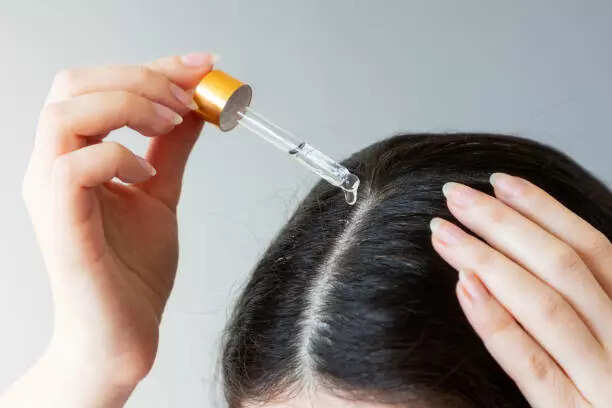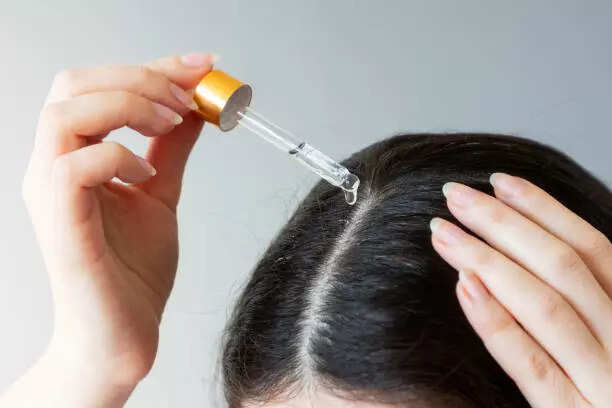Tea tree oil is well-known for its antibacterial and antifungal properties. While it doesn’t directly stimulate hair growth like rosemary or peppermint, it lays the foundation by keeping the scalp clean, healthy, and free from buildup.
Tea tree oil unclogs hair follicles and soothes inflamed scalp skin. It helps fight dandruff and other infections that can hinder hair growth.
Use in small amounts, just a drop or two diluted in a carrier oil. Avoid applying it directly to the scalp without dilution, as it can be too harsh.
It’s best for treating scalp conditions that may be stunting hair growth, like seborrheic dermatitis or dandruff.
Tips for using Essential Oils safely
Always dilute: Essential oils are potent and must be mixed with a carrier oil like almond, jojoba, or coconut oil to avoid irritation.
Be consistent: Hair growth takes time, so use essential oils 2–3 times per week for at least 2–3 months to see noticeable results.
Avoid overuse: More isn’t always better. Stick to 3–5 drops per tablespoon of carrier oil.
Essential oils offer a natural, cost-effective, and therapeutic approach to achieving longer, healthier hair. Whether you’re struggling with hair loss, thinning, or simply want to boost your hair’s vitality, integrating these five essential oils, rosemary, peppermint, lavender, cedarwood, and tea tree into your hair care routine can make a real difference. Not only do they support hair growth, but they also improve overall scalp health, making your hair stronger from root to tip.















